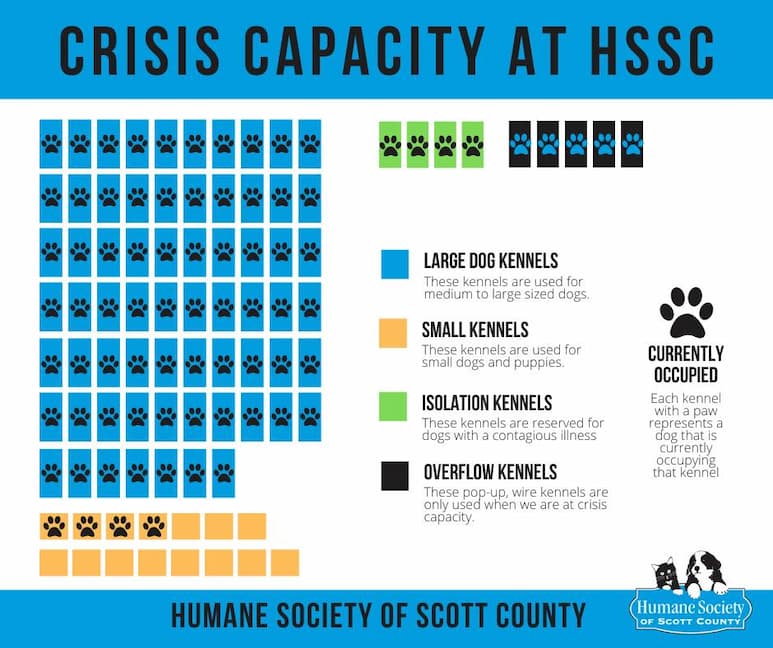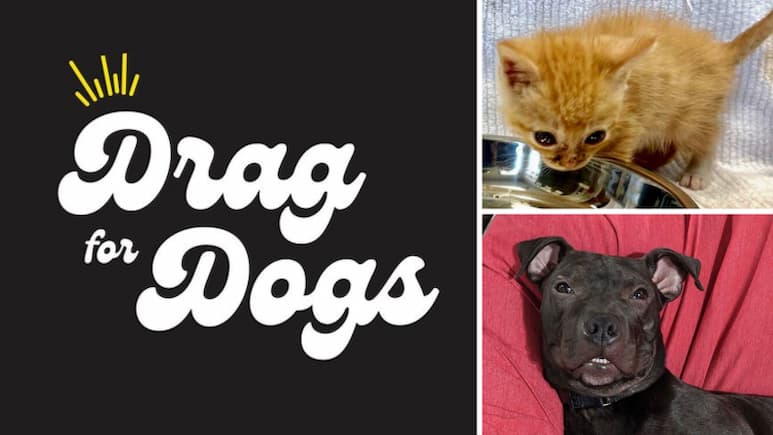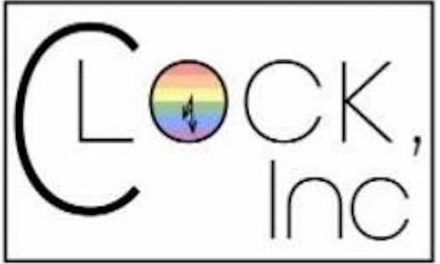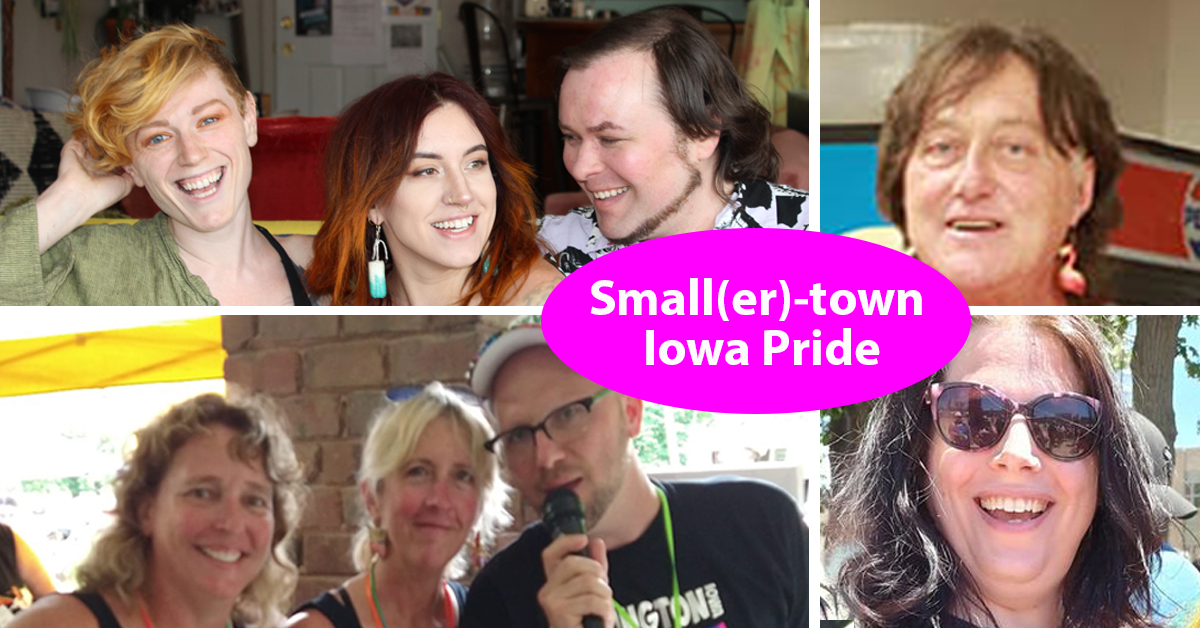DAVENPORT — When an apartment building collapsed here on Memorial Day, concern grew not only for the building’s human residents, but also its animal inhabitants.
For days, the Humane Society of Scott County provided updates of its work to help rescue cats, dogs, and smaller pets like lizards that were still trapped in the building when part of it fell to the ground, forcing a rushed evacuation, injuring at least two tenants, and killing three. Coincidentally, two of those most affected by the building collapse are members of the Quad Cities’ LGBTQ+ community and became the focus of numerous fundraisers by Davenport’s LGBTQ bars.
Now, the Scott County humane society is holding a fundraiser for itself, with a nod to the LGBTQ community. The second annual “Drag for Dogs” event takes place Friday and is headed toward “sold out” status for the second year in a row.
The Humane Society also just concluded a second Pride-themed fundraising campaign, selling “We Love Gays and Strays” shirts. Half of proceeds for the shirt sales went to Clock Inc. LGBT Center, a community center based in Rock Island that serves LGBTQ youth and teens throughout the Quad Cities.

The Humane Society of Scott County is currently housing 78 dogs in a shelter built for 67. It’s putting out a call for more adoptions and foster families.
Scott County shelter, others nationwide overflowing with dogs, cats awaiting homes
The fundraisers are happening at a time when shelters nationwide are overloaded with dogs and cats and begging the public for support through fostering and adoption. The Humane Society of Scott County, for example, waived all adoption fees last weekend, in an effort to encourage more adoptions.
It’s a step it takes every few months in an ongoing effort to find homes for the animals overflowing from its facilities, picked up by county animal services or surrendered by community members who can’t or don’t want to care for the animals anymore.
The Scott County humane society told OurQuadCities.com earlier this month that it anticipates taking in more than 400 animals by the end of June. Its 67-dog shelter is already overloaded with 78 dogs, said Development Coordinator Celina Rippel. In March, the situation was worse, with 90 dogs being sheltered.
Many shelters are still recovering from the effects of the COVID pandemic, reports Shelter Animal Counts, which tries to track shelter needs, capacity and euthanasia rates nationwide. The group reports that “4% more animals entered shelters than left” in 2022, the most recent year for which information is available. It’s the greatest gap between animals entering and leaving since 2019.
In addition, Shelter Animal Counts said euthanasia rates increased nationwide in 2021 for the first time in four years.
How to help Scott County humane society and other shelters, animal welfare clinics
Organizers of the “Drag for Dogs” event anticipate the drag show fundraiser will sell out before Friday night. But there are other ways you can help the Scott County shelter, and others in your own community, including adopting or fostering a pet, or making a direct donation to the Humane Society of Scott County here.
The Humane Society of the United States offers 10 suggestions for how to help shelters and the animals they’re caring for. the suggestions include not only adopting, fostering, and donating, but also volunteering and taking responsible care of your own pets, including spaying, neutering, microchipping and vaccinating your pets.
Another way to support shelters and animal welfare groups is to implement or support trap-neuter-return (TNR) programs, says Alley Cat Allies. A TNR program is the most humane way to reduce the number of feral cats taken in by shelters and animal welfare groups.
Feral cats can take a toll on shelter resources, because are unsocialized and therefore unlikely to be adopted; Havahart reports that about 75 percent of feral cats captured or taken to shelters are euthanized, a process that costs the shelter twice as much as an adoption.
A TNR program frees up space for adoptable shelter animals, including dogs; helps reduce the financial burden of euthanasia; and helps stop the cycle of feral cat reproduction in a humane way.






